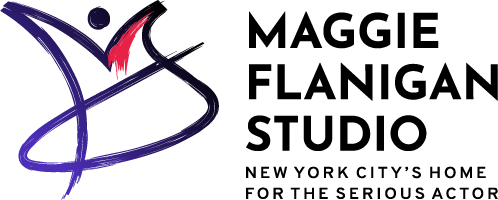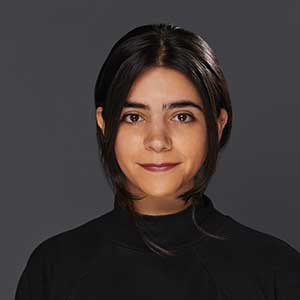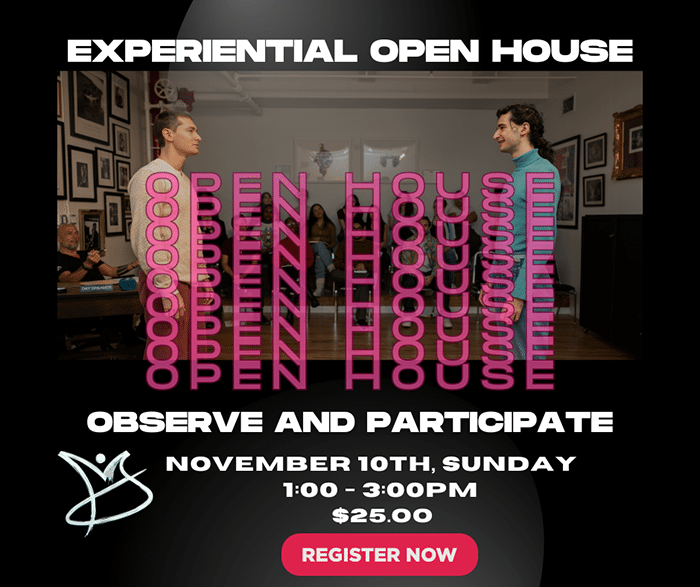Theater History: The Origins
This ten week course will explore theater history through an analytical lens in which actors are asked to examine the history and origin of plays, and the societal circumstances that led to their creation. Emphasis will be placed on how previous theatrical forms and structures influenced what followed, whether they were inspired or wanted to challenge or subvert what had come before or what was “popular.”
The course will begin by discussing theatrical origins from multiple viewpoints: religion, survival, and the psychological. Our reading will begin with looking at different forms and structures within Eastern theater and we will then expand to its influence on the Western canon.
Throughout the course, we will explore many different forms such as Noh, Kabuki, Bunraku, oral storytelling, Sanskrit, Greek, Neoclassicism, the Spanish Golden Age, Commedia dell’arte, Romanticism, Melodrama, the Age of the Enlightenment, Realism, Naturalism, Dadaism, Epic, Expressionism, Absurdism, and Postcolonial theater. We will expand our reading beyond plays to look at manifestos and ideologies of theater artists and how we continue to carry or subvert these ideas in our present theatrical landscape. We will examine how the shape and structure of these different forms ask us to interrogate something different within each piece.
Monumental American Playwrights
We will explore the work of important American playwrights that haven’t often been included in the canon, but who were each monumental in their writing and influence. We will use class discussions to not only evaluate the semester’s readings in terms of our current social connections, but to the art we are currently seeing on stages today. This will allow us to find connections between these newer works and the forms and playwrights we have studied throughout the semester.
By the end of the course, students will have the ability to closely read and examine a play, which will allow them to further their understanding of the style, form, language, and character arcs. This will give students the ability to think deeply about the text as a whole and inform their decision making in their own work as theater artists.
Understanding the History of the Theater
The Maggie Flanigan Studio believes it is essential for any serious actor to have a broad, well-informed understanding of the history of dramatic storytelling. Enrolling in a NYC acting studio and taking acting lessons is not enough to provide the skill set needed to collaborate. The best artists are inspired by and steal from the work that has come before them. The ability to speak about theater and its most important creators will make it easier to converse with those you will be working with. There is nothing worse than being in an audition, or on set, and sitting in silence as the director and other actors discuss the influences of the current production. Our two-year acting school has a curriculum that was curated for the demands of a professional career.
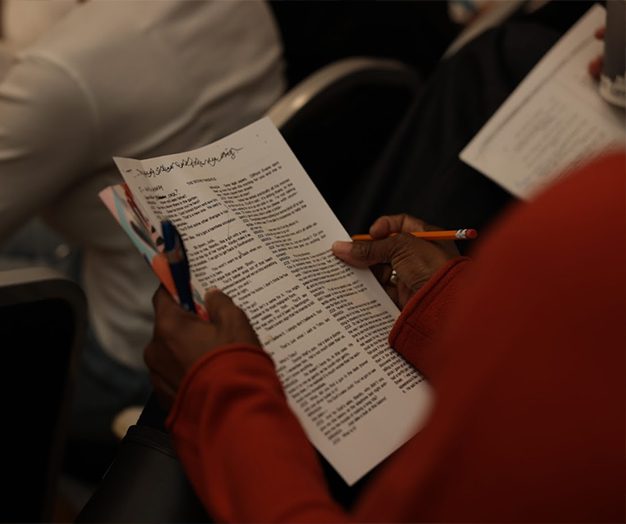
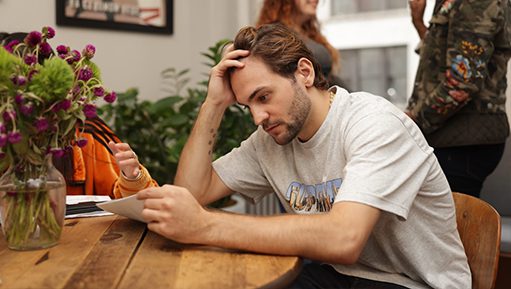
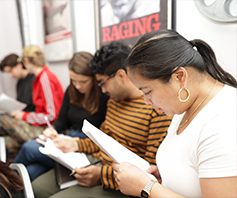

JEANA SCOTTI
Jeana has an MFA in Playwriting from Rutgers Mason Gross and a BA in Theater and Performance. She has taught theater at Purchase College and Rutgers University. Her plays have been showcased in multiple venues. As an educator, she centers students’ interpretations and emphasizes diverse voices in shaping the future of theater.
STUDENT TESTIMONIALS
“Elliot presents a way to read and explore plays that has opened up how I think of performance at its most elemental level. The environment is challenging, while also creative, and leaves you with the ability to speak confidently (or at least with daring) about plays you read and performances you see.”

Tanja Konwinski
” I started out as a guy who loves acting, but really didn’t know anything about The Theater. Theater History at the Maggie Flanigan Studio has turned me into a more critically thinking actor and theater-viewer. Other actors should definitely take Theater History at Maggie Flanigan Studio because it is one hell of an eye-opening class.”

Sean Kaufman
“I needed to expand my knowledge of theater if I wanted to begin to consider myself a well-rounded actor and artist. And I can say without hesitation that Elliot’s class did that and so much more. This class has grown my thirst for knowledge and my love for theater. I simply can’t recommend it enough.”

